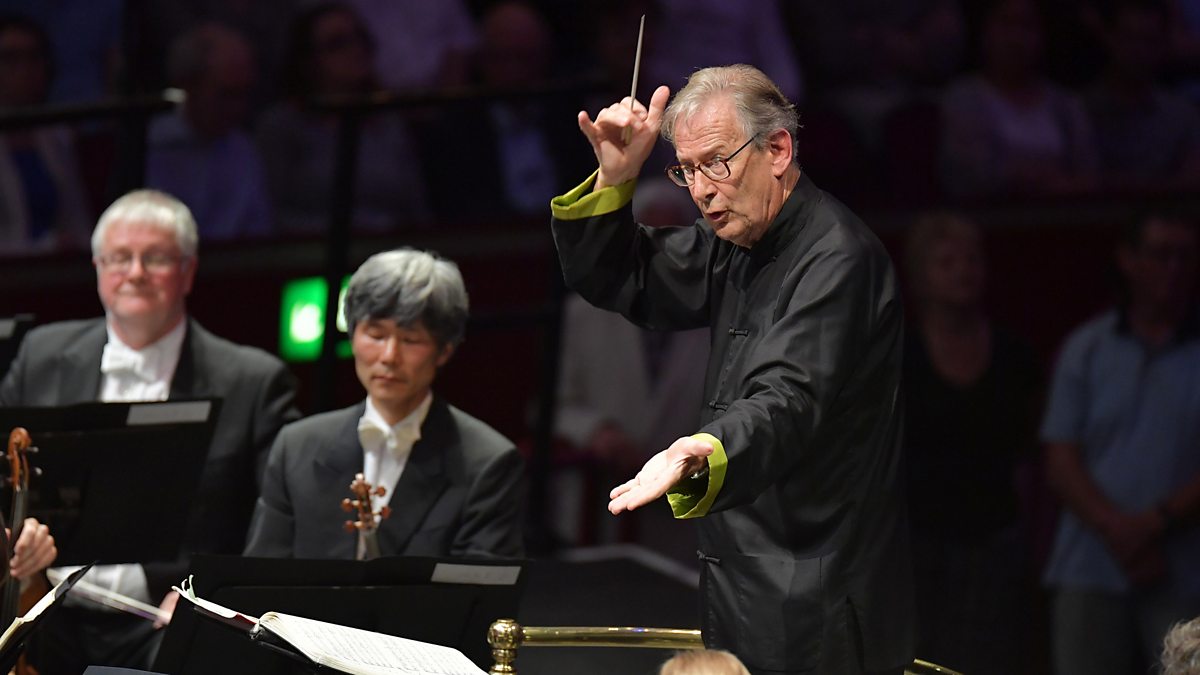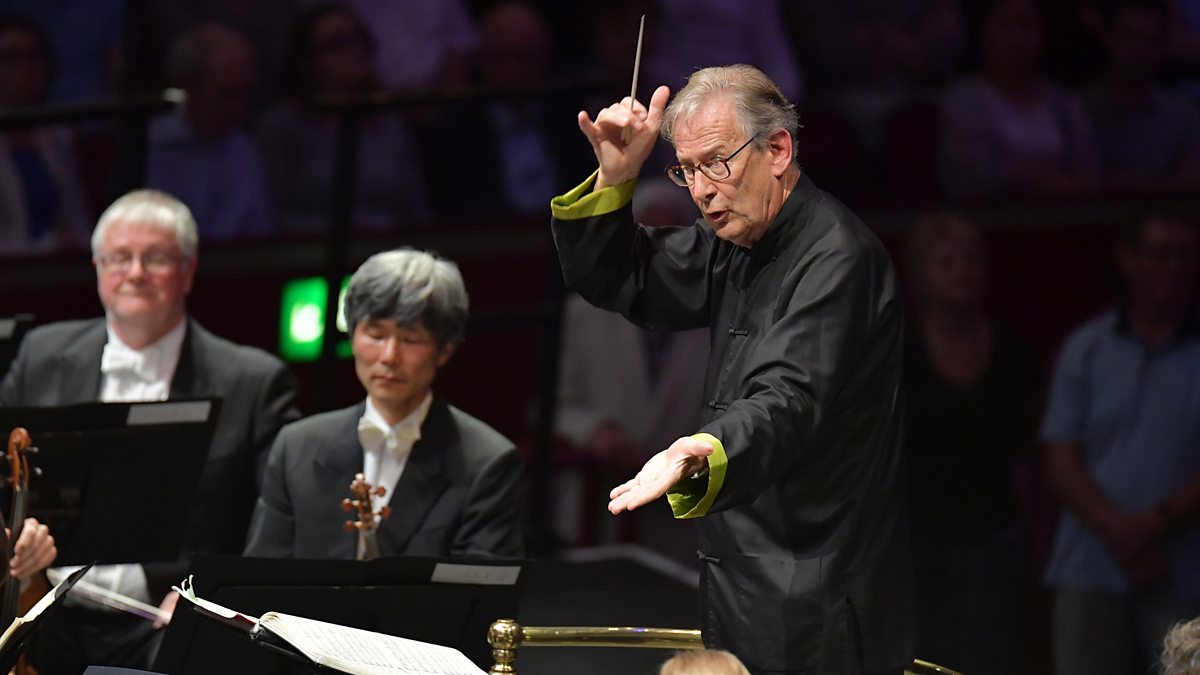19:30 Saturday 30 Jul 2016 ON TV
Royal Albert Hall
Hector Berlioz: Romeo and Juliet Symphony
(sung in French)
Julie Boulianne (mezzo-soprano),
Jean-Paul Fouchecourt (tenor),
Laurent Naouri (bass),
Monteverdi Choir,
National Youth Choir of Scotland,
Orchestre Révolutionnaire et Romantique,
Sir John Eliot Gardiner (conductor).
When Hector Berlioz got his first taste of Shakespeare in 1827, he not only fell for "he whole heaven of art" in the Bard's verse, he also fell madly in love with the actress Harriet Smithson. Shakespeare inspired a string of works from this most literary and dramatic of composers, including the ardent choral symphony Romeo and Juliet.
Royal Albert Hall
Hector Berlioz: Romeo and Juliet Symphony
(sung in French)
Julie Boulianne (mezzo-soprano),
Jean-Paul Fouchecourt (tenor),
Laurent Naouri (bass),
Monteverdi Choir,
National Youth Choir of Scotland,
Orchestre Révolutionnaire et Romantique,
Sir John Eliot Gardiner (conductor).
When Hector Berlioz got his first taste of Shakespeare in 1827, he not only fell for "he whole heaven of art" in the Bard's verse, he also fell madly in love with the actress Harriet Smithson. Shakespeare inspired a string of works from this most literary and dramatic of composers, including the ardent choral symphony Romeo and Juliet.








 (In exchange, you can tell them what happened in a universe where Wagner was the successful one!)
(In exchange, you can tell them what happened in a universe where Wagner was the successful one!)

Comment